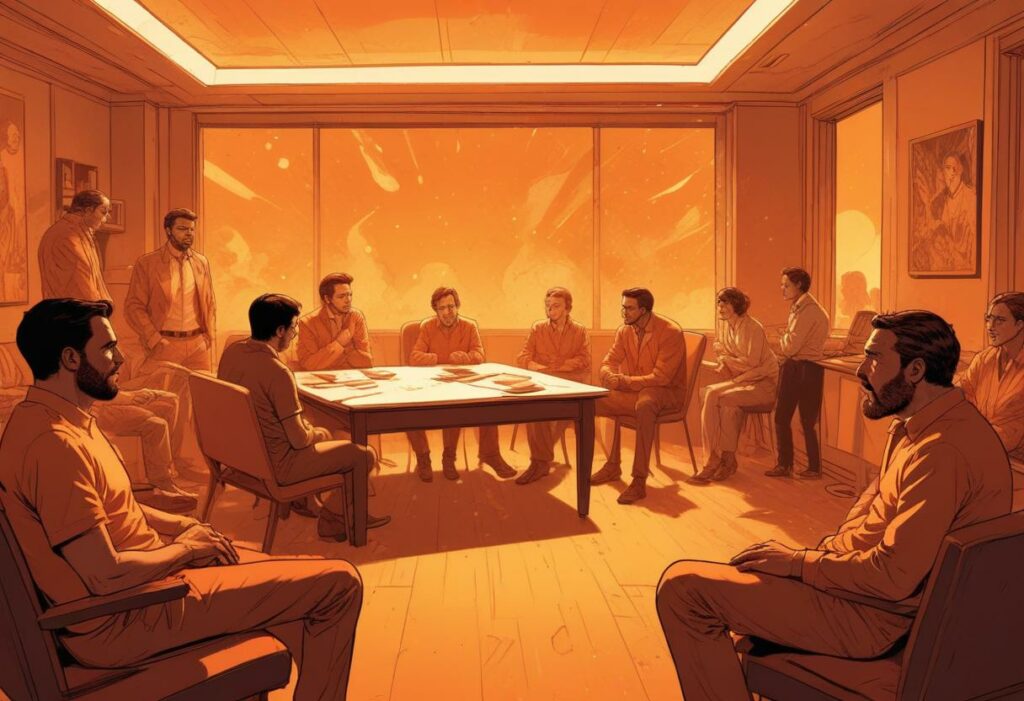Last week, news broke that the U.S. Commodity Futures Trading Commission (CFTC) had won a legal battle against Ooki DAO, the decentralized autonomous organization behind tokenized margin trading and lending protocol, Ooki. The U.S. government agency alleged that the DAO operated illegal leverage and margin trading services.
The ruling is still making rounds in many crypto cycles, sparking concerns that regulators may begin to go after other DAOs. In this article, we’ll examine the implications of the agency’s victory on the wider DAO market.
A Brief timeline of events
- On September 22, 2022, the CFTC slammed a $250,000 penalty on bZeroX, its founders.
- Ooki DAO and its members (the successors of bZeroX) were also charged as an “unincorporated association” for violations of the Commodity Exchange Act (CEA) and CFTC Regulations.
- The founders of bZeroX, Tom Bean and Kyle Kistner, quickly reached a settlement with the agency.
- There has been a lot of back and forth on whether the CFTC could sue a DAO. Although no party or attorney appeared in the case for Ooki DAO, four parties filed amicus briefs – LeXpunK, the DeFi Education Fund, Paradigm Operations LP, and Andreessen Horowitz. They argued that Ooki DAO was a “technology” rather than an entity. They also kicked against the mode the lawsuit was served.
- On December 7, 2022, the court rejected the arguments of the parties, holding that Ooki DAO was capable of being sued and was properly served by the CFTC.
- On June 9, 2023, U.S. District Judge William H. Orrick ruled in favor of the Commission in a default judgment.
Possible trajectories moving forward
In my opinion, there are three possible impacts the ruling may have on DAOs.
Defaulters on the run
The CFTC labeled the judgment a “sweeping victory,” with an order asking the DAO to immediately shut down its operations and remove its content from the internet. To say the least, the ruling has emboldened the Commission and it could be going after other DAOs it considers defaulters.
Moving forward, defaulting DAOs should expect authorities knocking at their doors. The founder of the NFT auction market Bidify puts a nice spin on it when he said:
“Ooki wasn’t/isn’t far from being a dark-web marketplace. They are doing something which is pretty clearly not allowed in the US without a license. [It] would probably be the same in a lot of other parts of the world. The fact that they haven’t attacked the DAO collaborators or members is a great sign.”
He however added that the actions of the CFTC were for the most part “picking on an easy target.” Would regulators target more prominent DAOs like Uniswap and ApeCoin DAO, or would they stick to easier targets? The coming months will provide some insights.
In general, authorities now have case law to come after DAO owners, developers, and members.
U.S.-gated communities
The U.S. has been in the news lately for its supposed crypto-stifling policies. The SEC recently went after Binance and Coinbase. If regulators move to clamp down on DAOs operating within the United States, most decentralized organizations may be forced to cut off U.S. residents.
We’ve already seen this play out in the cryptocurrency exchange market, and DAOs may not be an exception.
Zero Impact
The last possible scenario is that the ruling will have no impact on the DAO niche. Some players within the space have argued that the case does not set a precedent since Ooki DAO failed to represent itself in court. This may not be the case if a large DAO like BitDAO or Uniswap is called to question.





